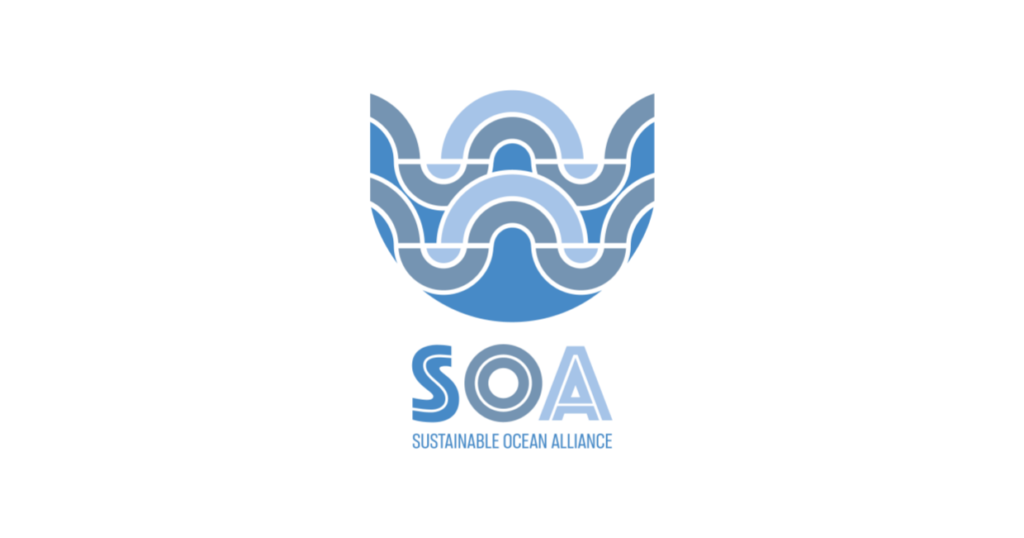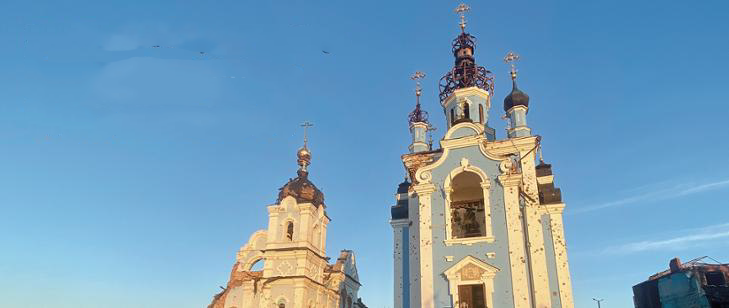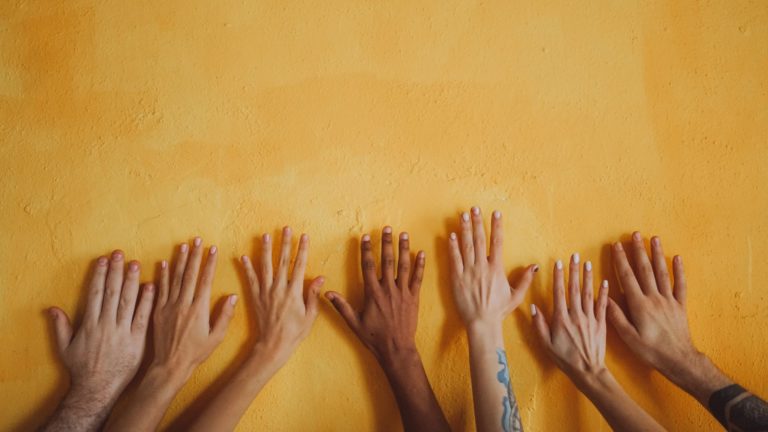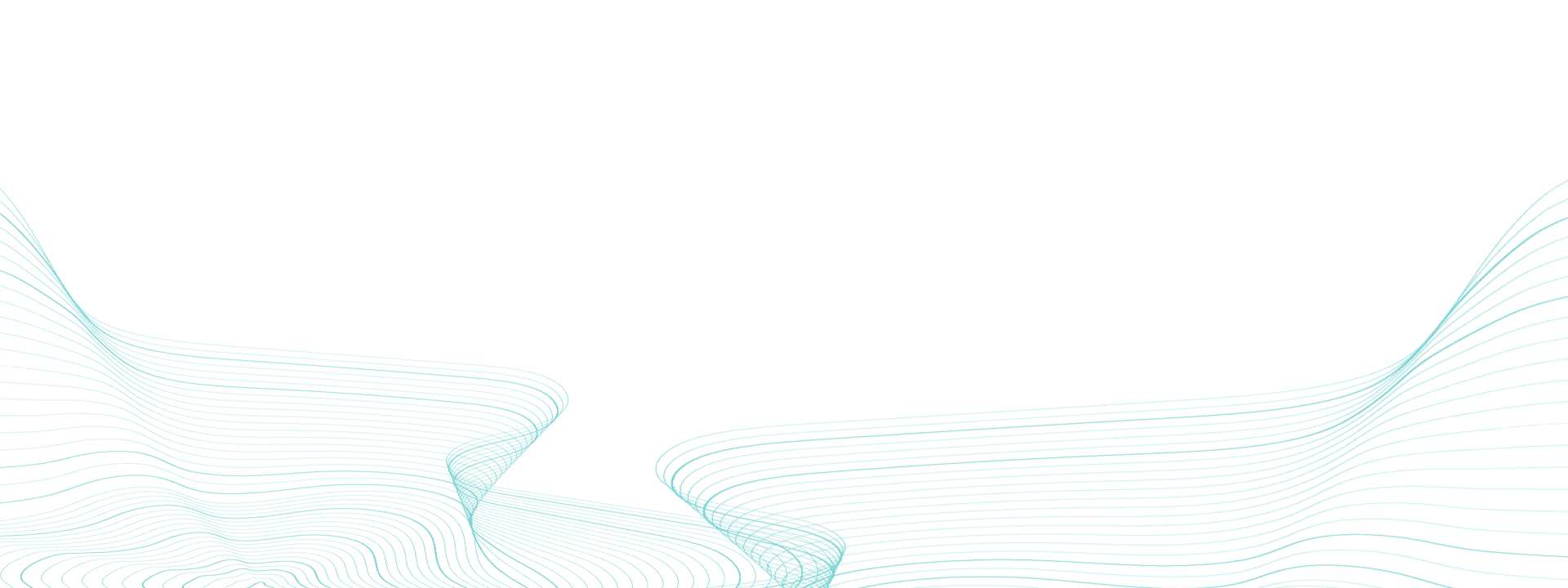Can you tell us a little bit about yourself and how you came to be involved with AI for Good Foundation?
I joined the AI Council for Good because I see how directly the work of AI for Good is going to impact many communities I care about. At SOA we support a network of thousands of Early Career Ocean Professionals from all over the world. As artificial intelligence develops a foothold, the way that our community interacts will dramatically shift. We want to cultivate and inspire citizen science in our community, and we see AI as a key element of future environmental awareness and action.
How do you apply your work at the Sustainable Ocean Alliance to sustainable development initiatives? While SDG 14, Life Under Water, is obviously impacted, are there any others that are progressed simultaneously in your work?
Working at SOA we do focus most on Sustainable Development Goal 14, and it’s incredible to see the ripple that we can create. Forty-five companies have gone through our Ocean Solutions Accelerator that have been involved in some way with nearly all of the SDGs. Some highlights are companies like Desolenator which is using solar energy to create clean water for drinking. Companies like CalWave are working to bring energy to the world, and many of our startups are focused on responsible consumption and production. I’m excited about the companies we’ve supported and I would highly recommend taking a look at our most recent cohort here.
In our Ocean Leadership Program we’re supporting 71 international SOA hubs to create leadership opportunities and mindset shifts for youth working in and adjacent to the ocean space. Last year our hubs hosted events with over 30,000 attendees all over the world, ranging from beach cleanups in Tanzania to a virtual conference bringing together people from all over the Pacific Islands.
We are supporting our community to grow in support of, rather than at the expense of, the planet. We have a Microgrants Program that directly provides financial support to hundreds of projects, from environmental journalism to blue carbon ecosystem restoration and monitoring. This month we’re wrapping up our Ocean Leadership Deep Dive where we bring 28 international youth leaders through a 6-week virtual program to develop leadership skills to elevate their grass roots projects. Overall, SOA is rooted in SDG 14, but I believe our leadership and microgrant programs reach across all of the SDGs.
What do you find the most effective strategies to be in organizing towards sustainable solutions? What are the greatest challenges?
When working with people, I try to remember that everyone is a hero, whole and complete. They have their own goals and dreams and a desire to make a difference. They have their own answers. They are contributing to me in every conversation and they deserve to be treated with dignity and respect. When I see the truth of that in the people that I work with, they may see it in themselves. And the world needs people who see that in themselves.
To be more specific, the most effective strategy is supporting and empowering specific communities. A global audience has reach and a local audience has depth, both of which are necessary. We have a network of hubs, each of which is focused on making a difference in their local community and managed by a regional representative. If you are close to the problem, you are likely close to the solution. We work to empower the local hubs to develop their own solutions and tell us how we can support their goals.
The greatest challenge is taking action in a way that showcases humanity and the incredible individuals and teams who are making a difference. We are loving the process of scaling in a way that maintains the personal touch and relationships that keep us inspired every day.
We are almost 2 years into the UN’s Decade of Ocean Action. What does that mean for SOA?
There have been a lot of activities that were put on hold and as events are returning we are getting involved in both virtual and in person events. That includes being part of a small planning group of NGOs (e.g. Ocean Foundation, NOAA, Ocean Conservancy) that are committed to taking action under the decade and hosting regular U.S.-based NGO decade meetings. We are working to connect our global youth network into the work that the decade’s network of Early Career Ocean Professionals through hosting a week’s worth of events for UN World Oceans Day in June, as well as connecting with FOAA and WEF to launch an intergenerational mentorship program for young ocean leaders and policy experts. We are also signed up as an official UN Decade Nexus organization, which means when calls for action or requests to share decade information come out, we will be in the loop (and share with our network).
What do you see the benefit is in SDG organizations collaborating?
The SDGs are deeply intertwined, so organizations that are working towards one of the SDGs inevitably impact others. Collaboration between SDG organizations isn’t just supportive, it’s essential. As I mentioned earlier, SOA is focused on SDG 14, but we need partners surrounding us. Agricultural runoff can damage marine ecosystems. People without enough food overfish as a last resort. Our next generation needs education to increase their resiliency to the challenges ahead. These are all parts of other SDGs, but they are essential to sustainable oceans. My alternative to the Tragedy of the Commons is the Participatory Commons. A global commons in which we each focus on what we care about most with the intent to create a world we are proud of being a part of.
Do you have any other thoughts that you want to share?
AI reflects humanity. For humanity to prepare, create, and effectively engage with AI, we need to focus on decreasing our cognitive dissonance (the state of having inconsistent thoughts, beliefs, or attitudes). SOA, and the Climate movement as a whole, advance that work through helping people discover their connection with the planet and taking actions that benefit all beings.







